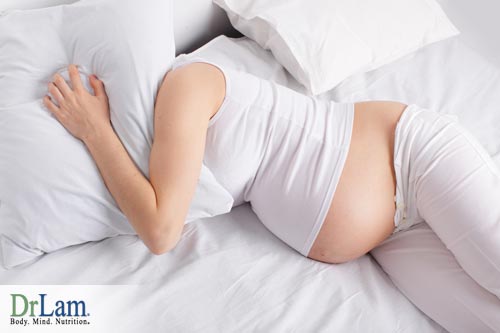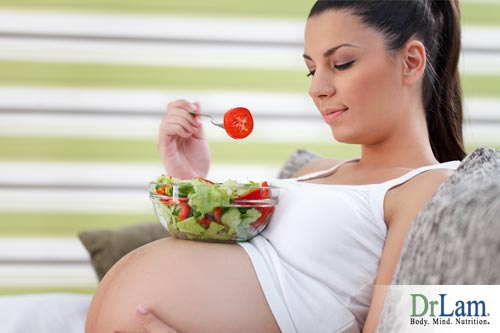 Events in life are stressful and even more stressful on a pregnant woman. A new study finds that those stressful situations can increase the risk of stillbirths in pregnant woman. The correlation between stress and stillbirth rates is an area of research that is new and growing.
Events in life are stressful and even more stressful on a pregnant woman. A new study finds that those stressful situations can increase the risk of stillbirths in pregnant woman. The correlation between stress and stillbirth rates is an area of research that is new and growing.
A stillbirth is where the fetus that is over 20 weeks gestational dies. In 2006, there was at least 1 stillbirth for each 167 births in the United States. This study was conducted by the United States National Center for Health Statistics.
The study had included over 2,000 women who were questioned on the emotional experiences that they underwent during their pregnancies; whether it was emotional or financial, as well as any other experience that occurred that could be rendered as stressful, during the time before their pregnancy by one year. Examples that were included in the study were the loss of a job, a home, or even a loved one.
Are stress and stillbirth connected? There was the presence of at least one stressful event in nearly 83% of women who had encountered a stillbirth and of those women, 75% of them had a live birth. For every 1 in 5 women who encountered a stillbirth, 1 in 10 would have a live birth with stressful situations of more than 5 events in the year previously to the birth of their child.
The research conducted showed that two stressful situations would increase the risk of the chance of stillbirth by nearly 40% while women who had more than 5 stressful encounters were more likely to have a stillbirth than someone who had no stressful situations.
Once the other risk factors for stillbirths were considered, example included the numbers of previous pregnancies; the people conducting the research found that the women who had experienced the four or more stressful factors had a likely higher chance for a stillbirth than women who did not.
The study also showed that black women who reported stressful situations were more likely to have reported those situations than a white or Hispanic woman. This could explain as to why black women have the higher chances of a stillbirth than a Hispanic woman or white woman.
This study was published on the internet on March 26 by the American Journal of Epidemiology and was funded through the United States National Institute of Health.
The potential health impact of women who showed a stressful event of more than three occurrences leading up to their birth in 1 of 5 women, effective interventions can help to sustain the life of a fetus and increase the odds of healthy babies being born. The lead author Dr. Carol Hogue who is a professor in maternal and child health at the Emory University released in a news release.
Even though there was a study conducted and there was a link between the stressful situations pregnant women encounter during their pregnancy and the stillbirth, there was not a direct cause and effect for the relationship established.
When pregnant, your cortisol levels are naturally higher. When pregnant and under stress, however, they are constantly higher than normal due to your adrenal glands having to produce an ever increasing amount of this hormone at a constant rate. This has a debilitating effect on your other hormones, as their production is either hindered or cut down drastically.
These elevated cortisol levels raise your blood pressure (pre-eclampsia) and cause a smaller placenta from forming, thereby decreasing the blood flow to the placenta. Additionally, the hormonal imbalance that occurs due to the elevated cortisol levels, compromises the body’s insulin resistance which may result in gestational diabetes. Gestational diabetes is one of the leading causes of stillbirths.
 The most important thing, when pregnant, is to get your stress levels down. There are a number of ways in which you can do so.
The most important thing, when pregnant, is to get your stress levels down. There are a number of ways in which you can do so.
The best way to get rid of this stress is to make a list of any possible contingencies that could arise. Then, once the list is made, sit down and work out a coping plan that deals with each of them. You do not need to do all the hard work yourself. Get your partner, a family member, or good friend involved.
Yes, because during pregnancy your body goes through a lot of stress and hormonal adjustments.
When you are under the proper care of a health practitioner, you should ask them. In general, it should be at least half a year to one year after you suffer no crashes.
You need to see your doctor and ask for your progesterone level to be checked.

